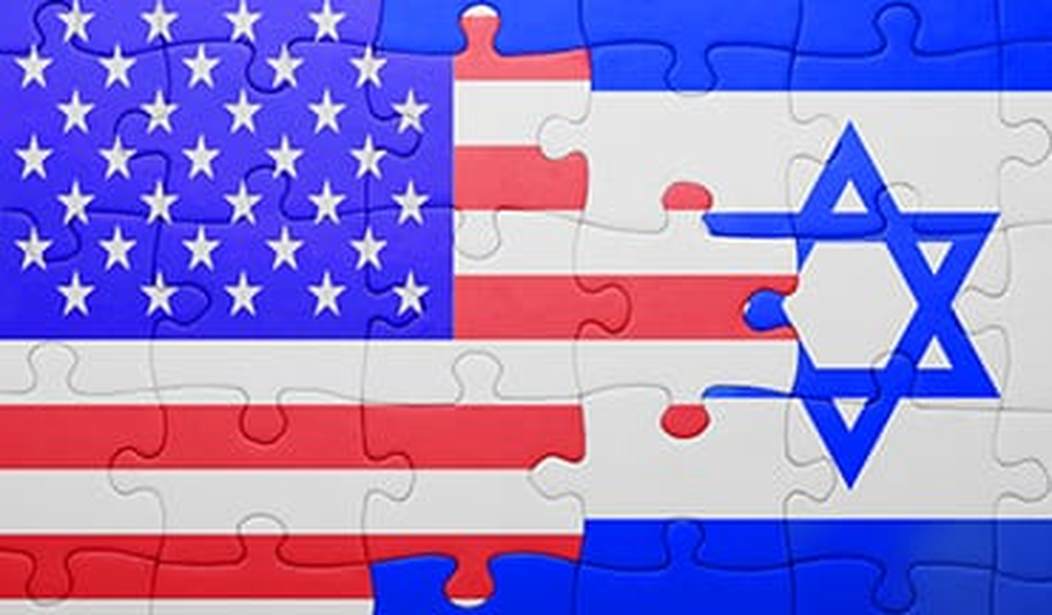In honor of Yom Ha’atzmaut, the Jewish webzine Tablet today published my essay “Americans, the Almost Chosen People.” It expands my April 2016 Russell Kirk lecture at the Heritage Foundation, and offers what I hope will be understood as a radical and disturbing departure from the prevailing conservative views of what it means to be an American. It is long and bears close reading, but I think it will be unlike anything else you may have read on the subject.
I have long thought that a weakness of the American conservative movement is its confusion about what it means to be an American in the first place. Traditionalists like Kirk understand culture in the accretive terms of T.S. Eliot, the accumulation of the minutiae of everyday experience over a long period of time. I demur: “When we speak of culture in general, we typically think of fixed roots in the form of memory, custom, and habit. Yet the salient characteristic of the American character is restlessness, as Tocqueville observed. We are journeyers rather than settlers. We are risk-takers, entrepreneurs, and innovators. How then should we think about our culture?”
An alternative was offered by the Jesuit philosopher John Courtney Murray, who averred that America is a “propositional nation.” That isn’t enough: “Culture, by contrast, is the context in which we perceive things, which we receive from our ancestors and pass down to our descendants. It is pre-rational, instinctive rather than intellectual, a manifestation of who we are rather than what we think. It is the way in which we cannot help but understand the world.”
American culture, by contrast, invents its own memory, a spiritualized, Christian version of Israel’s journey to the Promised Land. The pilgrimage to Canaan is the “place” of American culture, to use Heidegger’s term, and the journey undertaken with a restless heart towards a destination unattainable in this world is an Existenziell, a defining expression of the faith that makes us Americans. That is why the motif of the journey towards an unknown destination pervades American literature, from Twain’s Huckleberry Finn to Hammett’s detective fiction to the Western tales of the lone avenger. Twain’s novel is as much an expression of the radical Protestantism that founded America as is “The Pilgrim’s Progress.”
Israel is the point of perspective that orders the American view of the world, the perpetual goal of the American pilgrmage:
The Jew is born into the people of Israel; the Christian seeks adoption into the Israel of the Spirit. American Christianity retains the radical individualism of its Protestant forebears, who chose as individuals to become Americans. We have become Americans by adoption, and we have adopted the history of Israel as our national common memory. A profound parallelism is involved. The biblical Election of Israel was not a prize that God awarded to an unlikely nation of shepherds, but rather the outcome of Israel’s free choice to accept the Torah and the responsibility of election. It is our free choice to become Americans that is the cornerstone of our culture.
…The direct experience of revelation from the Bible was its decisive religious act and its primary spiritual exercise reliving the history of Israel through conversion and baptism. It is apocalyptic, because the pilgrimage of this world never attains its goal, and redemption remains a point of perspective in the distance.
Because American Christians understand their lives as pilgrimage, they cling all the more avidly to the roadmap that has been given them for this pilgrimage. And this roadmap is the history of Israel. America’s national epic is the Hebrew Bible, in the King James translation. Because the inner life of the American Christian recapitulates the history of Israel, American Christianity is instinctively philo-Semitic. By contrast, the Old World Christianity of T.S. Eliot tends toward suspicion, if not outright hatred, of actual Jews.
We do not have a high culture like the Europeans, and no national poets to compare to Dante, Shakespeare and Goethe, but we do have a national epic — the King James Bible — and national poems — the “Battle Hymn” and the “Star-Spangled Banner” — and a national poet. That is Abraham Lincoln.
Can we revive the faith with which America was founded? “The good news is that we still can ask the question.”
For good reasons, we have the only national anthem that concludes with a question: “Does that star-spangled banner yet wave/ O’er the land of the free and the home of the brave?” Francis Scott Key’s work belongs to the sparse genre of great poems by awful poets (another is “The Battle Hymn of the Republic”). Great stress may concentrate the thoughts of a mediocre versifier, like coal into diamonds, and that is what the Battle of Fort McHenry did for Key in 1814. The first light of the dawn has come. The bombardment has ceased. The poet demands that the listener say whether he still can see the flag above the ramparts. It is a fearsome moment; the hearer has watched through the night, and in a few moments he will see in the first light of day whether the flag is still there. All the fears of the nightly vigil peak in those few moments of anticipation. More than that: The hopes and fears of generations hang upon what the listener will espy as day breaks, as the poet demands an answer.
And then the poet repeats the injunction “Say!” and reverses the question: The flag, the object kept in suspense, no longer is the object of the poem. The vigil through the nocturnal bombardment, the fleeting view of the national colors, the moment of truth in the gathering light of dawn—these are a metaphor for the national condition. Key addresses the second “Say!” to all generations of Americans: Are you still brave enough to be free? Like Israel, we chose to be what we are, and every generation must make that choice for itself.
Lincoln warned that his Second Inaugural address would not be popular because “Men are not flattered by being shown that there is a difference of purpose between the Almighty and them. To deny it, though, in this case would be to deny that there is a God governing the world.” And he was right. We have locked Lincoln up in a marble box on the Washington Mall, in a mock-up of the Temple of Zeus at Olympus. There he sleeps, like Barbarossa in a cave under the Kyffhäuser. God help America’s enemies when he wakes.
“He who watches over Israel neither slumbers nor sleeps,” sang the Psalmist. “God has a special Providence for children,and the United States of America,” wrote the Abbé Correa. Right now we can use all the special Providence we can get.










Join the conversation as a VIP Member